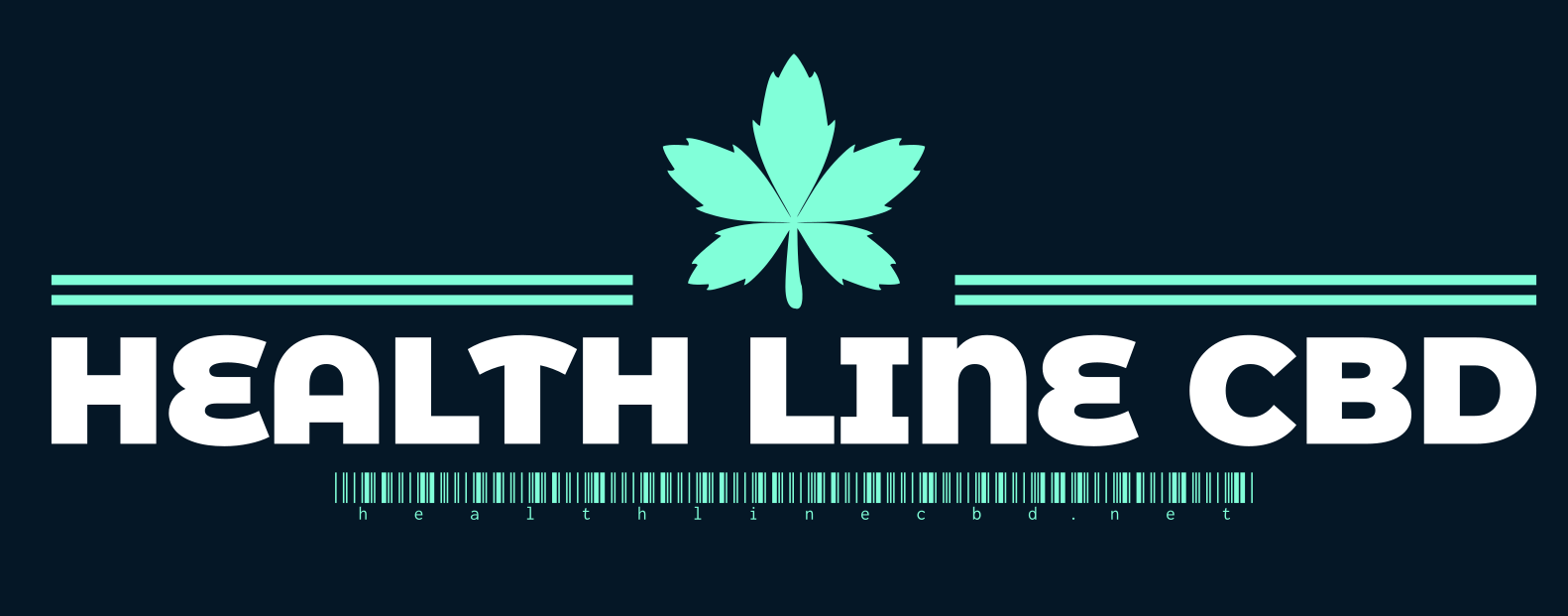The Power of the Villain’s Voice
While often cast as the antagonists, villains possess a unique perspective that can offer insightful commentary on morality and integrity. Their pronouncements, though often delivered with malevolent intent, can expose the hypocrisy and contradictions inherent in societal norms, prompting readers to question their own values and beliefs.
Examining Quotes from Complex Characters
Villains frequently articulate truths about power, ambition, and the fragility of morality that heroes often overlook. They challenge the simplistic notions of good and evil, forcing us to confront the complexities of human nature. Take, for example, Magneto’s declaration in “X-Men: First Class,” “You’ve chosen to fear what you don’t understand. You’re afraid of mutants, but they aren’t the ones who are going to destroy your world. It’s humans like yourself!” This statement exposes the hypocrisy of fearing those different from oneself while ignoring the potential dangers within society.
Similarly, Darth Vader’s chilling line in “Star Wars: Episode V – The Empire Strikes Back,” “No, I am your father,” transcends its narrative function to become a powerful exploration of familial bonds and the corrupting influence of power. It compels us to consider the nature of loyalty, betrayal, and the seductive allure of ultimate control.
Through their words, villains offer a distorted mirror reflecting our own societal flaws and internal struggles. By engaging with these unsettling perspectives, we gain a deeper understanding of ourselves and the world around us.
Highlighting Ambiguous Morality
Villains often articulate truths about power, ambition, and the fragility of morality that heroes often overlook. They challenge the simplistic notions of good and evil, forcing us to confront the complexities of human nature.
Their pronouncements, while often delivered with malevolent intent, can expose hypocrisy and contradictions inherent in societal norms, prompting readers to question their own values and beliefs.
Engaging with these unsettling perspectives allows us to gain a deeper understanding of ourselves and the world around us.
When “Bad” Is Actually Good: Finding Wisdom in Darkness
While often relegated to the shadows, villains possess a unique insight into the complexities of morality and human nature. Their pronouncements, though laced with malice, can illuminate the hypocrisy and contradictions within societal norms, forcing readers to confront uncomfortable truths about themselves and the world they inhabit.
Learning from Unconventional Sources
Villains, often cast as antagonists in stories, can surprisingly offer profound insights into morality and integrity. While their motivations may be driven by darkness, their pronouncements frequently expose the hypocrisy and contradictions inherent in societal norms.
Their words challenge simplistic notions of good and evil, forcing us to confront the complexities of human nature. By examining these unconventional perspectives, we can gain a deeper understanding of ourselves and the world around us.
Villains often articulate truths about power, ambition, and the fragility of morality that heroes might overlook. They highlight the seductive allure of control and the dangerous consequences of unchecked power. Their pronouncements serve as a stark reminder that the line between good and evil is often blurred.
Engaging with these unsettling perspectives allows us to critically examine our own values and beliefs, prompting us to question societal norms and explore the multifaceted nature of morality.
Challenging Conventional Moral Narratives
While often cast as antagonists, villains possess a unique perspective that can offer insightful commentary on morality and integrity. Their pronouncements, though often delivered with malevolent intent, can expose the hypocrisy and contradictions inherent in societal norms, prompting readers to question their own values and beliefs.
Villains frequently articulate truths about power, ambition, and the fragility of morality that heroes often overlook. They challenge the simplistic notions of good and evil, forcing us to confront the complexities of human nature. Take, for example, Magneto’s declaration in “X-Men: First Class,” “You’ve chosen to fear what you don’t understand. You’re afraid of mutants, but they aren’t the ones who are going to destroy your world. It’s humans like yourself!” This statement exposes the hypocrisy of fearing those different from oneself while ignoring the potential dangers within society.
Similarly, Darth Vader’s chilling line in “Star Wars: Episode V – The Empire Strikes Back,” “No, I am your father,” transcends its narrative function to become a powerful exploration of familial bonds and the corrupting influence of power. It compels us to consider the nature of loyalty, betrayal, and the seductive allure of ultimate control.
Through their words, villains offer a distorted mirror reflecting our own societal flaws and internal struggles. By engaging with these unsettling perspectives, we gain a deeper understanding of ourselves and the world around us.
Engaging with these unconventional perspectives allows us to critically examine our own values and beliefs, prompting us to question societal norms and explore the multifaceted nature of morality.
The Complexity of Human Nature
Human nature is a tapestry woven from light and shadow. We are capable of great kindness and unspeakable cruelty. Within each of us exists the potential for both heroism and villainy.
Exploring the Gray Areas
The complexities of human nature reside in the gray areas, where lines blur between right and wrong, good and evil. We are driven by a multitude of emotions, desires, and motivations, some noble, some selfish, often intertwined in ways that defy simple categorization.
Villains, with their transgressions and questionable choices, provide a stark reflection of these complexities. They embody the darkness within us, exposing our capacity for greed, envy, and cruelty. Their actions, though reprehensible, often stem from perceived injustices, wounded pride, or a distorted sense of righteousness.
Their words can be chillingly insightful, revealing truths about human nature that we might prefer to ignore. They challenge our preconceived notions of morality, forcing us to confront the uncomfortable reality that the line between good and evil is often thin and permeable.
Understanding Motivation and Perspective
Human nature is a tapestry woven from light and shadow. We are capable of great kindness and unspeakable cruelty. Within each of us exists the potential for both heroism and villainy.
The complexities of human nature reside in the gray areas, where lines blur between right and wrong, good and evil. We are driven by a multitude of emotions, desires, and motivations, some noble, some selfish, often intertwined in ways that defy simple categorization.
- Villains, with their transgressions and questionable choices, provide a stark reflection of these complexities.
- They embody the darkness within us, exposing our capacity for greed, envy, and cruelty.
- Their actions, though reprehensible, often stem from perceived injustices, wounded pride, or a distorted sense of righteousness.
- Their words can be chillingly insightful, revealing truths about human nature that we might prefer to ignore.
- They challenge our preconceived notions of morality, forcing us to confront the uncomfortable reality that the line between good and evil is often thin and permeable.
The Enduring Impact of Iconic Quotes
Iconic quotes from villains, though born from malevolent intent, can offer profound insights into morality and integrity. Their words, often laced with cynicism and a disregard for societal norms, expose the hypocrisy and contradictions inherent in our world, prompting us to question our own values and beliefs.
Quotes That Stay With Us
Iconic quotes from villains, though born from malevolent intent, can offer profound insights into morality and integrity. Their words, often laced with cynicism and a disregard for societal norms, expose the hypocrisy and contradictions inherent in our world, prompting us to question our own values and beliefs.
These memorable phrases resonate with us because they tap into universal truths about power, ambition, and the fragility of morality. They force us to confront uncomfortable realities and challenge simplistic notions of good and evil.
A villain’s pronouncements can linger in our minds long after we’ve finished a story or film. They stay with us because they often articulate truths about human nature that we might otherwise avoid confronting.
These enduring quotes serve as powerful reminders of the complexities of morality and the constant struggle between light and shadow within each of us.
Their Influence on Culture and Society
Iconic quotes from villains, though born from malevolent intent, can offer profound insights into morality and integrity. Their words, often laced with cynicism and a disregard for societal norms, expose the hypocrisy and contradictions inherent in our world, prompting us to question our own values and beliefs.
These memorable phrases resonate with us because they tap into universal truths about power, ambition, and the fragility of morality. They force us to confront uncomfortable realities and challenge simplistic notions of good and evil. A villain’s pronouncements can linger in our minds long after we’ve finished a story or film. They stay with us because they often articulate truths about human nature that we might otherwise avoid confronting.
These enduring quotes serve as powerful reminders of the complexities of morality and the constant struggle between light and shadow within each of us.
- Who Should Not Get Fillers? - November 10, 2025
- What Is Relationship Anarchy And How Does It Challenge Monogamous Ideals? - November 7, 2025
- Weed Drinks & Weed Infused Beverages - November 6, 2025

